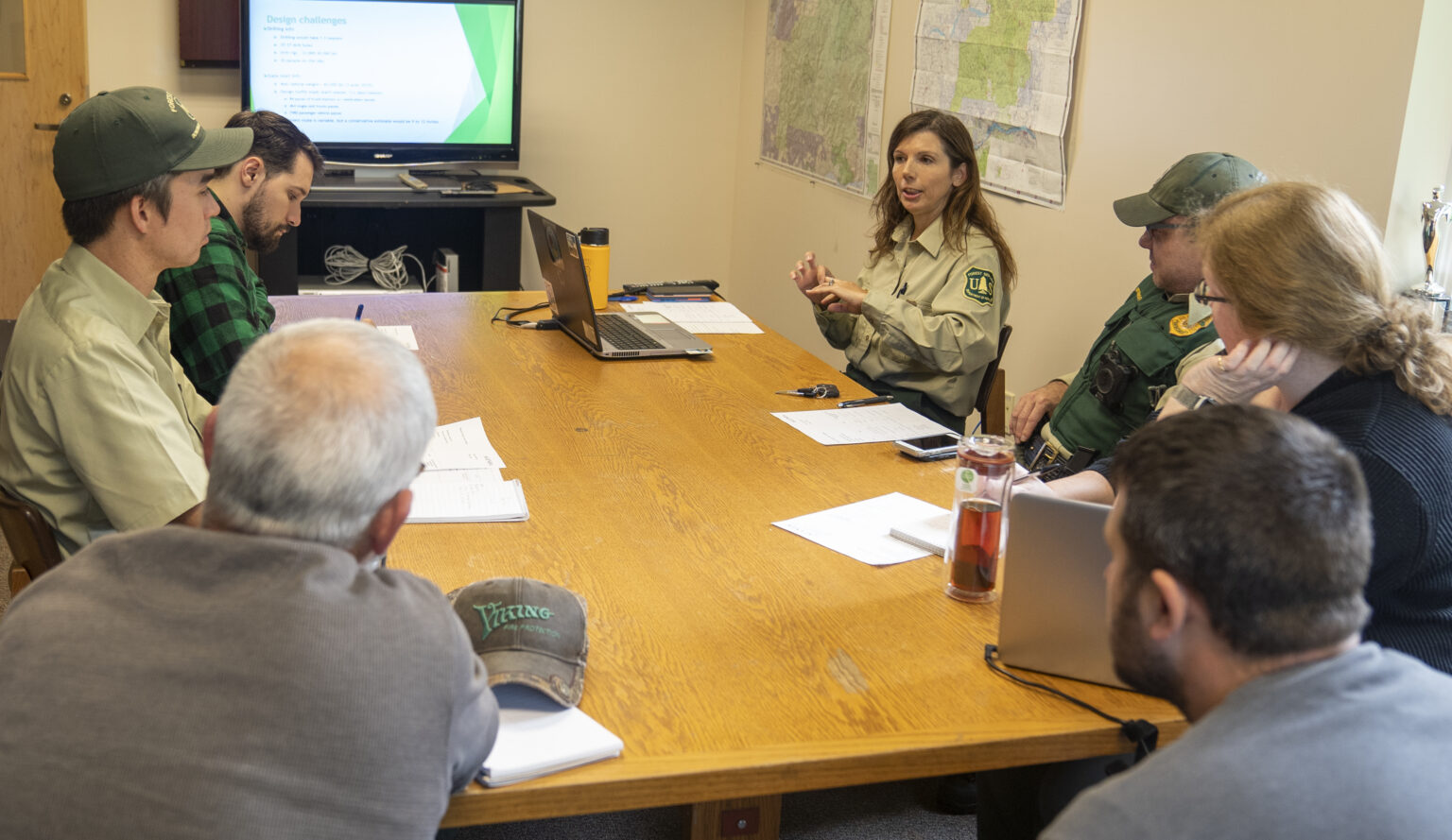Capital Chatter: Good news for Oregonians
Published 6:00 pm Thursday, August 20, 2020

- Capital Chatter square logo
Good news for Oregonians!
Well, for some Oregonians.
Trending
Depending on where you live and how patient you are.
Six weeks ago, Oregon’s legislative leaders announced their audacious idea: Give $500 to any Oregonian marooned in the abyss of state unemployment benefits.
Here is the backstory of the daring program that launched Wednesday morning, and which credit unions announced ahead of legislators.
Last month, the well-documented backlog at the Oregon Employment Department was moving so slowly that Senate President Peter Courtney, D-Salem, and House Speaker Tina Kotek, D-Portland, devised a temporary workaround. Go outside the normal unemployment process and give money directly to jobless Oregonians.
On July 9, they announced their plan in a press release. “I knew that if we issued a press release,” Courtney told me Wednesday, “we were boxed in. We had to produce.”
Anna Braun, Courtney’s chief of staff, had suggested such payments months ago. Separately, Kotek and her staff also were mulling such a concept.
Trending
Courtney wanted one-time checks as large as $1,500. Kotek favored $500, so as to spread the money among more Oregonians. They agreed on $500, estimating that 70,000 Oregonians could be served through $35 million in federal coronavirus relief funds.
The financial industry leaped aboard, ready to help. (Participating banks and credit unions are not charging the state for their overhead costs.) The state Department of Administrative Services promised its commitment but said launching the program would take at least six weeks, whereas Kotek wanted action in a matter of days.
On July 14, Kotek and Courtney took their concept to the Legislative Emergency Board, which has an uneasy relationship with some lawmakers and Gov. Kate Brown. In the eyes of many, the E-Board has been acting like a mini-legislature in its response to the coronavirus pandemic. Courtney said the governor thinks the board has encroached on her powers. Some legislators, especially Republicans, contend the E-Board makes too many decisions that rightly should have been left to the full Legislature and which could have been handled during the two special sessions this summer.
Nevertheless, the $500 proposal won unanimous, bipartisan support from E-Board members after less than 25 minutes of discussion.
“Even though $500 will not solve all problems, our ability to move some of these dollars quickly out to individuals who need the help, I think, is of paramount importance,” Kotek told her colleagues. “However many meetings it takes in the next five days to implement this, we will need to do.”
Implementation took far longer. The initial details were vague, needing to be worked out. Kotek and Courtney wanted a program that was statewide, effective and efficient, so people applying for the $500 wouldn’t get the runaround.
“People are out there dying,” Courtney said in July, “and I don’t like to blame the Employment Department. I just like to do something. So we’re trying to do something.”
Sen. Lynn Findley, R-Vale, applauded the proposal during the E-Board discussion but criticized the Legislature for failing to properly oversee the Employment Department.
He acknowledged that the department staff is working hard but said, “They’ve hired 700 people in the last four months and they’re still not doing their job. There is a system problem and a system failure that I believe we need to take action on.”
Like many lawmakers, Rep. Rob Nosse, D-Portland, had a list of roughly 200 constituents who had contacted his office about unresolved benefits claims. He was calling each of them every week to check on their situation and let them know that at least one person in government was listening to them.
While supporting the broad outlines of the proposal, Sen. Betsy Johnson, D-Scappoose, proved prescient at that July meeting.
“I’d vote for this twice. What we have done to Oregonians is despicable,” she said, referring to the Employment Department. “These people have lost hope and they are absolutely frantic and desperate. If we say that we have a finite amount of money and it’s first-come, first-serve, I don’t know what that’s going to look like in the lobby of banks.”
To help prevent fraud in distributing the $500, Oregonians must apply in person at one of the more than 150 participating credit union or bank branches around the state. No applications are accepted on Saturdays or Saturdays, and no appointments are scheduled for those days.
The in-person approval process is quick; the wait is not. Some locations are first-come, first-serve. Others require appointments.
More than 12,000 people applied received money just on Wednesday. At the one location in John Day, there were lines out the front door on Thursday, as there were this week around the Portland metro area. At the single participating branch in Astoria, the earliest available appointment was Aug. 27 or 28.
By mid-afternoon Thursday, 33,000 Oregonians had received payments.
Kotek and Courtney said Wednesday that they don’t know how long money will last. The amounts are being tracked on a daily basis so officials know when to wind down the program.
“I have a feeling Tina and myself will be privately checking in several times a day. It’s like, ‘This is our child. How’s the child doing?’” Courtney said. “There’s a structural check-in but there’s also a personal-interest people’s check-in going on. I’m trying to text my staff right now, saying, ‘Can you give me a number right now?’
“That’s how gung-ho I am and also tense that I am.”
The details: For information and a program application, go online to emergencychecks.oregon.gov or call 211 to find the nearest participating branches. The application form is available in English, Spanish, Chinese and Vietnamese.
According to the program guidelines, you may be eligible if:
• You are a current resident of Oregon, at least 18 years old and can prove your identity.
• “Are experiencing severe financial hardship due to the Governor’s Executive orders 20-07 or 20-12 or indirectly hardship due to the orders. These are the ‘Stay Home, Save Lives’ orders that closed many restaurants and personal services to slow the spread of COVID-19. Many sectors – like personal transportation services – were indirectly affected by the orders and may have resulted in a loss of income.”
• Earned no more than $4,000 a month before losing income due to COVID-19.
• Have not applied for unemployment, were denied unemployment or have not received all the traditional or pandemic unemployment benefits for which you have applied. Check the guidelines for specifics
Applicants must wear a face mask and follow 6 feet of physical distancing at the bank or credit.
Unemployment update: As of this week, the Employment Department has 1,100 people processing claims and is handling more than 2,800 phone calls a day. Because phone lines often are busy, people with questions are encouraged to use the “Contact Us” form on the department website.
The department has dispensed nearly $4 billion in unemployment benefits to Oregonians since the governor’s executive orders took effect in mid-March.




